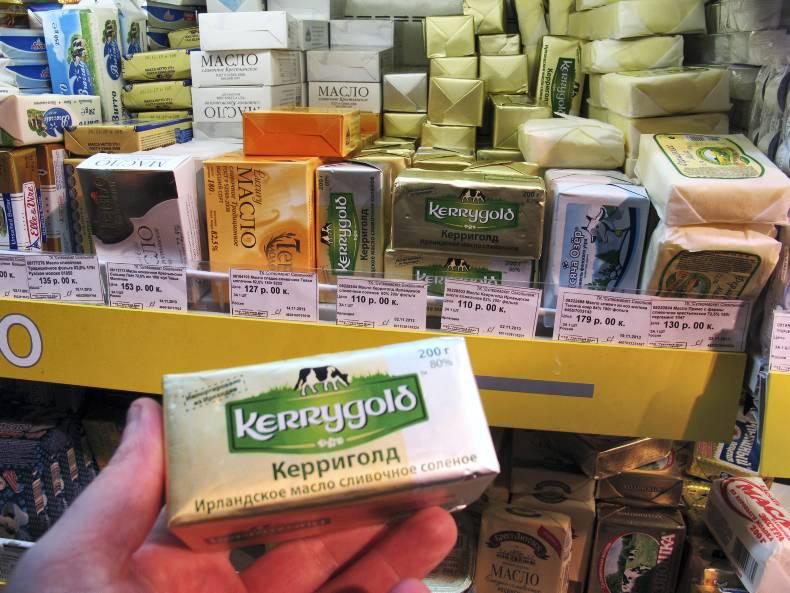Speaking at the Food Security Forum in Rostov-on-Don earlier this month, the Russian prime minister Dmitry Medvedev said that judging by the statements of former Russian trade partners Europe, North America, Australia and Norway, "they still do not want to return to our market and do not plan to, and, well, we are not going to beg."
Russia imposed the ban on food imports from Europe, North America, Australia and Norway in August last year in response to sanctions placed on Russia by Western governments due to the country’s military interference in the Ukraine.
Since the ban was imposed on imports, Russia has looked to improve its food security so that it will not feel the effects of its own sanctions on European countries and the USA. These measures include greater financial state support in Russian agriculture to the tune of 220 billion roubles in 2015, with 187 billion roubles invested in 2014.
Moreover, in 2014 Russia ensured the local supply of four out of eight kinds of products that it absolutely needs for food security – grain, sugar, vegetable oil and potatoes.
However, the sanctions have not been without their tribulations for the Russian people who have had to deal with rising food prices and inflation as a result.
Medvedev said the counter-sanctions had been officially placed on imports for one year, that is until 8 August 2015, but added these counter-sanctions "are not even the point any more. Russia will consistently implement its food policy. Sanctions or no, we have taken this path and will not deviate from it."
He continued by saying that Russia's strategic goals remain the same - "modern agriculture, a high-tech food industry, a competitive trading system, and modern machinery production. All of that should lay the groundwork for food security. All the decisions that have been taken during the past year to support agriculture will remain in place, including the amount of financing, which will be increased with more or less stable economic growth."
Despite the Russian ban, EU food exports increased by 10% compared to April 2014 - mainly a result of more aggressive marketing to new markets like China and the US.






 This is a subscriber-only article
This is a subscriber-only article






SHARING OPTIONS: